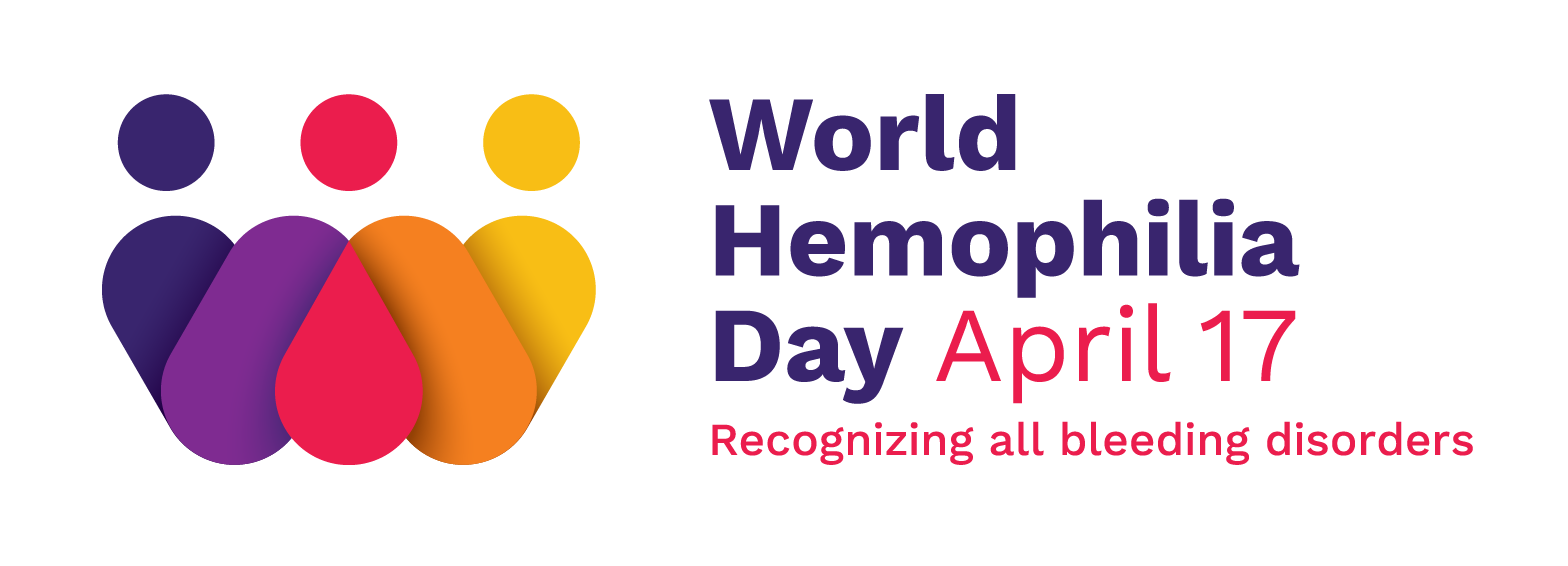My name is Moline and I live with my family in Nairobi, Kenya. I am an Ambassador for MyGirlsBlood.
Nairobi is a very beautiful city with tall buildings including Kenya’s Presidential and Parliament offices. Tourists like the city of Mombasa better, because it is by the Indian Ocean; the port city of Kisumu is on the banks of Lake Victoria and the views are very beautiful.
Nairobi city has more people than any other city in Kenya. Many people work in Nairobi. The people, who earn more money, live in lovely areas and comfortable homes. Those people who earn very little money live in slums. The seven members of my family, including my mum, my dad my four brothers, my little sister and me, live in a single room. The room is not that large, but we manage. It has our beds, a few seats and a place where we can cook and eat our food. The food I like most is chapatti, made using wheat flour with chicken. The bathroom and toilet is outside and we share it with other neighbors.
I was born in 1984, but I did not find out that I had von Willebrand disease until I was16 years of age. Of course I had had serious bleeding episodes before that, and even one at my secondary school when I nearly died. I wasn’t always taken to the hospital, when I had bleeding.
I had a relative who said I was bewitched and tried to treat me with herbal medicine. It didn’t work. Not all of my family members believed that I was bewitched. Everybody had an opinion. Some thought I played too much.
When I was 5, I had a nosebleed that took 6 hours to stop. Everybody in our family was worried. They used cold water to reduce the bleeding but after a few minutes it would start again. My mum took me to a clinic where they told her that nosebleeds were normal for some children and that when I grew older it would stop. They told my mother to put cotton wool swab with liquid paraffin in my nose and use clothes for a cold-water compress on my head and neck.
At school, children would avoid including me in their games because they feared I could start bleeding. Teachers would remind me to avoid anything that could cause bleeding because whenever I bled, I would have to stay home for two days or more until I was better.
My secondary school was a boarding school and the teachers were always asking what my illness was and how it was treated. When I had a bleed I was taken to the nearest hospital and sometimes home, so I was in and out of school until I finished.
My condition was finally diagnosed when my younger brother, Javan, also started experiencing bleeding problems. When he was in the hospital he was diagnosed and we learned then that my father and I had von Willebrand disease too. My mother was really wondering how we would cope with paying hospital bills every month.
Once when my brother was in the national hospital, my mum met a woman named Maureen whose son had haemophilia. Her son had died because of lack of quick attendance by the doctors in the hospital. Maureen talked to my mum and said she wanted to help. Maureen started an organization to help those living with haemophilia and their families. The organization is called Jose Memorial Haemophilia Society of Kenya (JMHSK). My family was invited to attend the first meeting.
The day JMHSK was launched was the first time I knew I was not the only lady suffering from a bleeding disorder. I met over 20 girls and women that day. I made friends with three, two who were sisters; we shared our stories and agreed to follow up with each other about our problems. Sharing our stories encouraged us and we thank God that we have learned about our problem and know how we can handle it.
At the meeting of the JMHSK, I also met Laurie Kelley who founded LA Kelley Communications in 1990 and Save One Life. Laurie helped members of JMHSK to get clotting factor and gave us assistance so we can attend our haemophilia clinics.
Since that first meeting of JMHSK, I have met 16 girls and women with haemophilia through the MyGirlsBlood campaign that lasted from the month of January to March in Kenya. I have met some women who have no knowledge of their bleeding problem, some believe it can be solved with herbal medicine or spiritual intervention; others are ignorant that they have a problem. Some women I have helped have agreed to seek medical attention for the first time.
I believe it is vital to be involved. I volunteer in any activity that will help women to know about haemophilia, like trainings, counseling sessions, having campaigns and seminars in Kenya. In my country many are suffering because they do not have the knowledge they need. Most of all, I wish that haemophilia clinics could be opened in Kenya so that all the services people with bleeding disorders could be together and these services could be made available to people who do not have the funds because they are poor.
I would like to teach others and help them to learn about haemophilia and how to manage it. Acceptance comes first. It helps people to cope and be open to learning. It leads to a better life. My dream is to prevent people from dying because they are ignorant or do not have the money to afford the medical care they need.
This is why I am an Ambassador for MyGirlsBlood.Infact it was a great opportunity since MyGirlsBlood helped me attend the 2016 world hemophilia congress which i gained more knowledge on how to deal with my condition and hemophilia at large.
Currently creating women bleed too awareness in Kenya.
